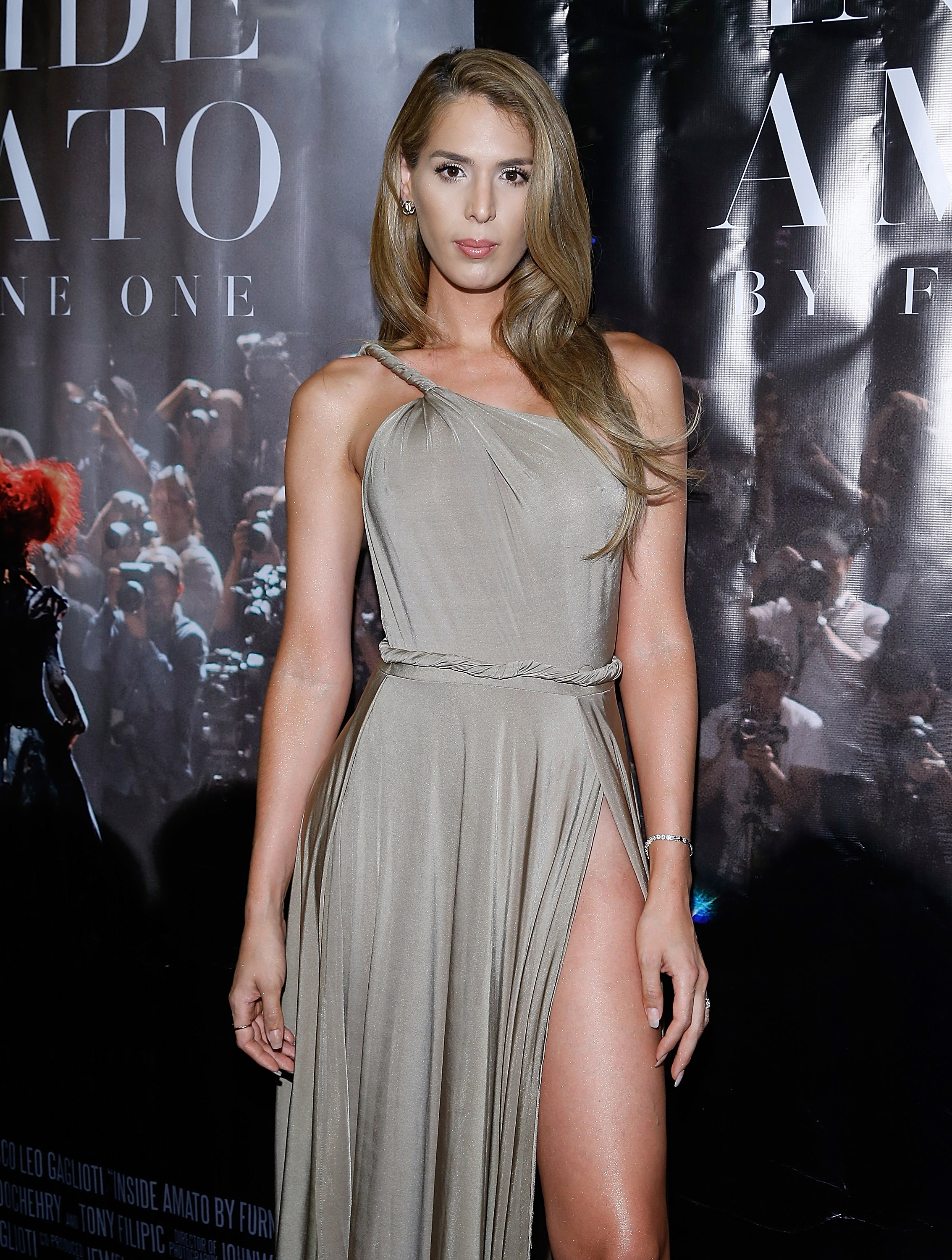
Correction appended, Oct. 30, 2015
If you still think Carmen Carrera is a drag queen or don’t know who she is, then she’d be happy to give you an update. Though she made a name for herself as a reality star on RuPaul’s Drag Race, Carrera made minor pop-culture history by coming out as transgender after she was a contestant on the show. After its run, she medically transitioned while staying married to her husband, who she met while living as a man—a situation that helped earn her a spot on VH1’s Couples Therapy this season.
Now, though, she’s ready to walk the walk: Nearly 50,000 people have signed a petition asking Victoria’s Secret to make the model and actress their first transgender “Angel.”
TIME spoke to Carrera about what being an Angel would mean to her, how Hollywood treats transgender actresses and why this is “the most memorable moment” in the history of the transgender movement.
TIME: What projects are you working on now?
Carmen Carrera: Couples Therapy is pretty big for me because it’s opening the door to a new audience—a hip-hop following, which I feel is a bit more judgmental toward the LGBT community. I just had a movie come out [Ricki and the Flash] that I was in with Meryl Streep, my first acting job in a major motion picture. I also just got my SAG card, and I was so stoked. I feel like I got my license to act.
And there’s the petition, that might herald another big gig. For you, what would be the significance if you did become Victoria’s Secret first transgender Angel?
I want to do this for the 50,000 people who signed the petition on Change.org. I want to do this for, of course, me and my career. I’m a show girl at heart. If I’m going to do fashion shows, this is the one to do. And I want to do it for my family. I want them to be proud of me. I want them to be like, that’s our kid, we raised that girl right there. And my community, for sure.
What kind of acting would you like to eventually be doing?
Right now, I want to build my experience. I want to just be able to act and be like the girl next door or the cute babysitter or the busy mom who’s fun or who knows, maybe something super dramatic, somebody who’s really insecure and angry. I would just love to play a female, a woman, just a biological woman with issues, you know? That’s what I want to do.
Have you experienced pushback or difficulty in getting roles like that because you are a transgender woman?
I like to jump around, and it takes a long time for people to catch up to me sometimes. For instance, I’ll post a photo of me today on Instagram and people will still say they remember me from [RuPaul’s] Drag Race, which was four years ago, before I transitioned. So it’s a little bit difficult in that sense. When there’s a role and my name comes up, I have to break that expectation. I feel like I have to work double. But I’m hoping that everyone’s open to giving me a biological female role and the fact that I’m trans is not an issue.
What do think about non-transgender actors playing transgender people, like Jeffrey Tambor in Transparent?
It depends on the role. If the role is for a person who transitions late in their life or if the role is for a transvestite, I get it. If the actor is good enough to portray the role properly, I don’t see why not. But at the same time, I would like to see the trans community more active in acting. It has to work both ways. The casting director should be open to seeing transgender talent, and the transgender people need to build up the courage to go an audition. I just think that when it comes to stereotypical transgender roles, that’s where I start to feel it’s cheesy, or feel that it’s not who trans people are.
Is the entertainment world becoming more nuanced than they used to be? How far have we come from the Jerry Springer Show?
I hope so. They have the whole spectrum of transgender people. If they are learning, it opens up the door for more creativity with their transgender characters. There are so many different variations.
What about the roles that are out there now, like Laverne Cox’s on Orange Is the New Black or Jeffrey Tambor’s on Transparent? Do any seem like an example already of going beyond the stereotypes?
I can’t wait until the day comes where the story of a passable trans women is in there, too. That’s where I’m included. I feel like a lot of the time it’s the transgender people who are having a more difficult time fitting in with society, so we have to have those conversations and we have to have those lessons about pronouns and the right words … I have to deal with functioning as a 20-something woman, trying to balance her life and her kids and her marriage. And how do I do that without having the upbringing, the preparation that other women have? I have to play catch up and I have to learn how to function day-to-day in the female population. I hope the next step, the next phase, is people learn there are women like me who need a little bit more guidance, not just about filling you guys in with all the knowledge.
There is a transgender women, a jazz musician, who said that transitioning for her was like going through a second puberty, like being a 13-year-old all over again.
Exactly. That is exactly how I feel. Now I feel like I’m, like, 17. That little girl inside of me is growing up, step by step, getting stronger. And I’m not afraid. I’m excited. And I think the world needs to learn that as well, besides accepting us or being tolerant or knowing the right language, actually knowing that there are girls like me who feel like the new girls. We need our sisters. Now we’ve gone through the transition and we’re just trying to fit in and live a good, successful, happy life.
With people like you and Laverne Cox and Caitlyn Jenner making transgender lives more visible, what impact is that having and who is being impacted?
It’s starting a conversation, for sure. Even if it’s things that are ignorant. It’s like popping a pimple, pulling out that dirt, all of that ugliness, in order to clean it up. And I think it’s had the most impact on 20-somethings. Because 20-somethings are able to look at it with being dismissive and actually trying to understand and being adult enough to be accepting. You have your old-fashioned people who think the way they think, that I’ve dealt with, or you have people who are way to young to even get it, who aren’t focused on it.
Photos: 25 Transgender People Who Influenced American Culture
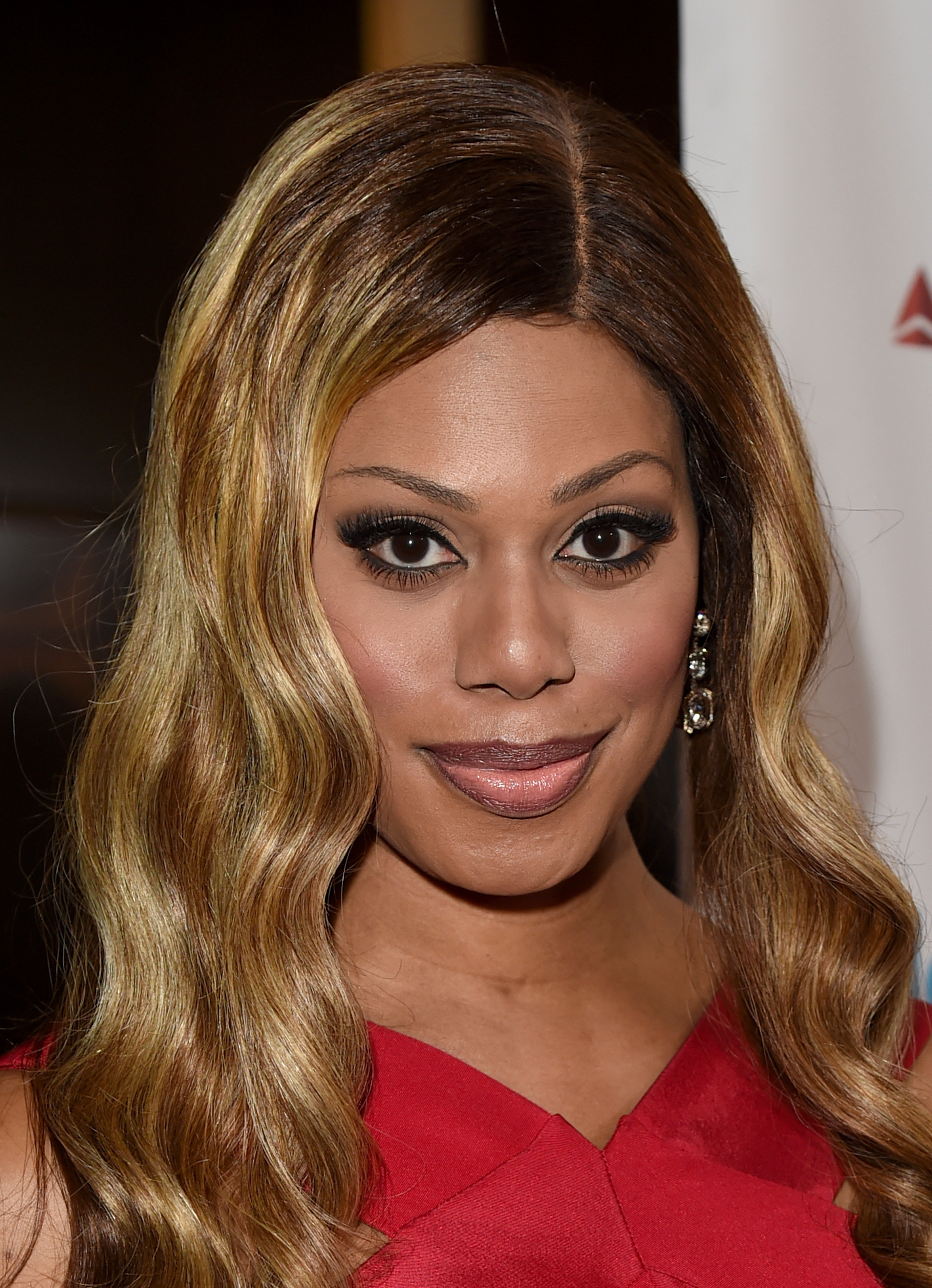
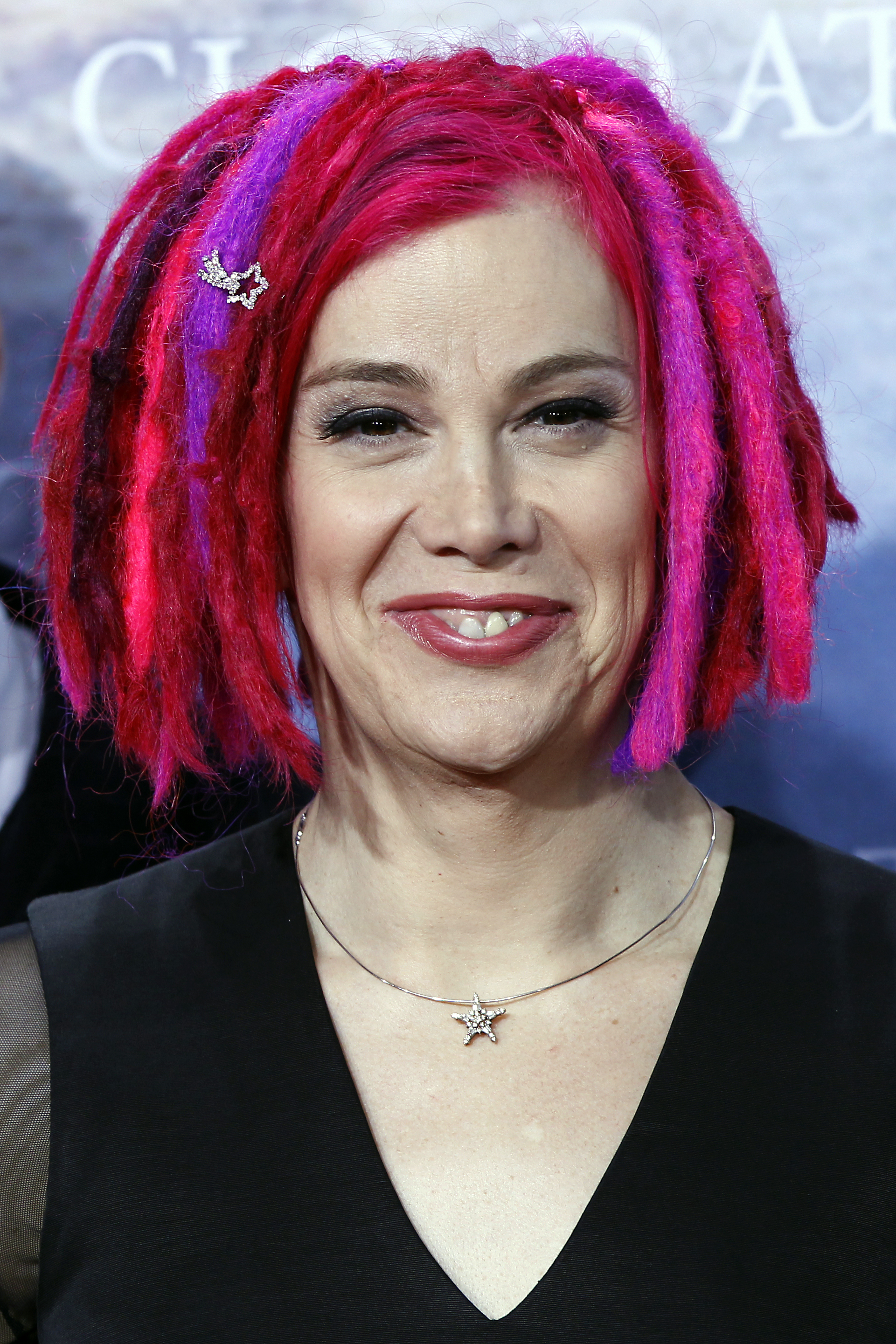
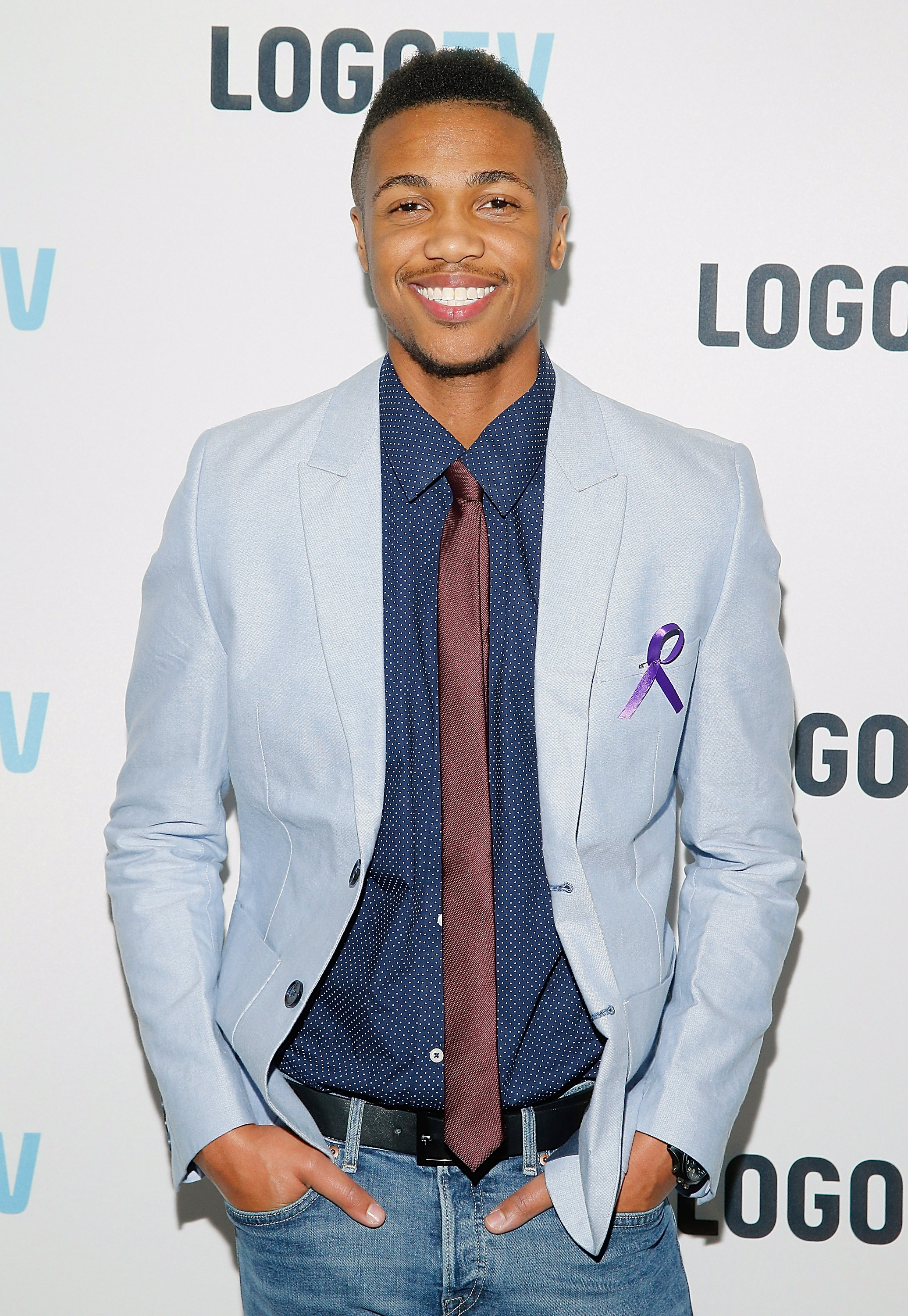
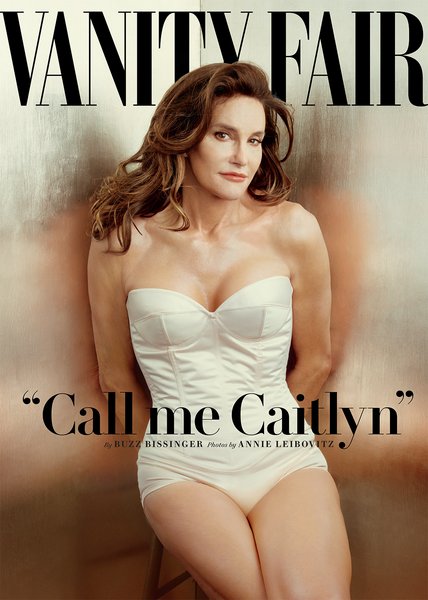
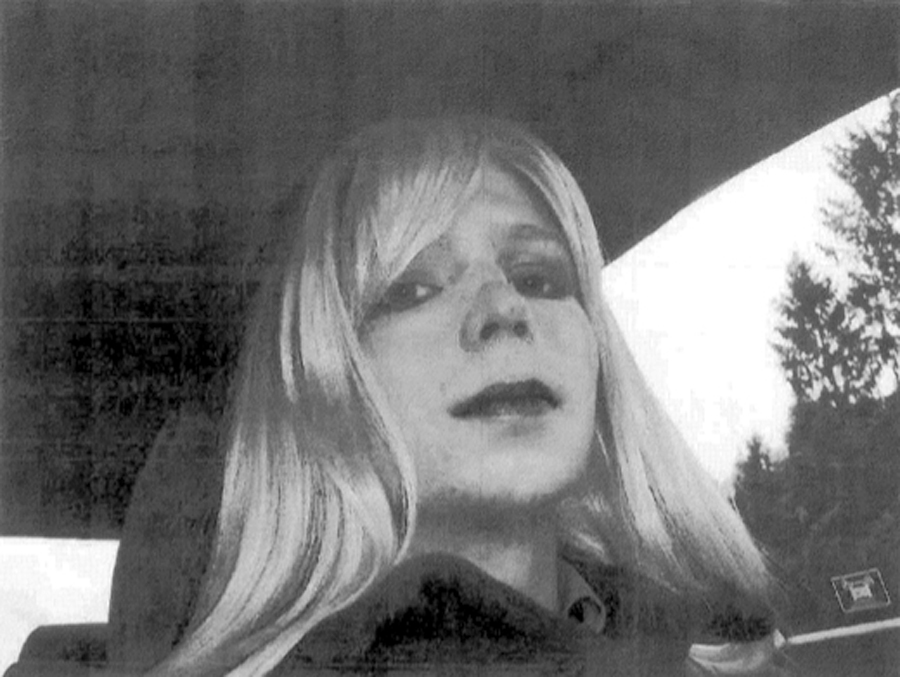
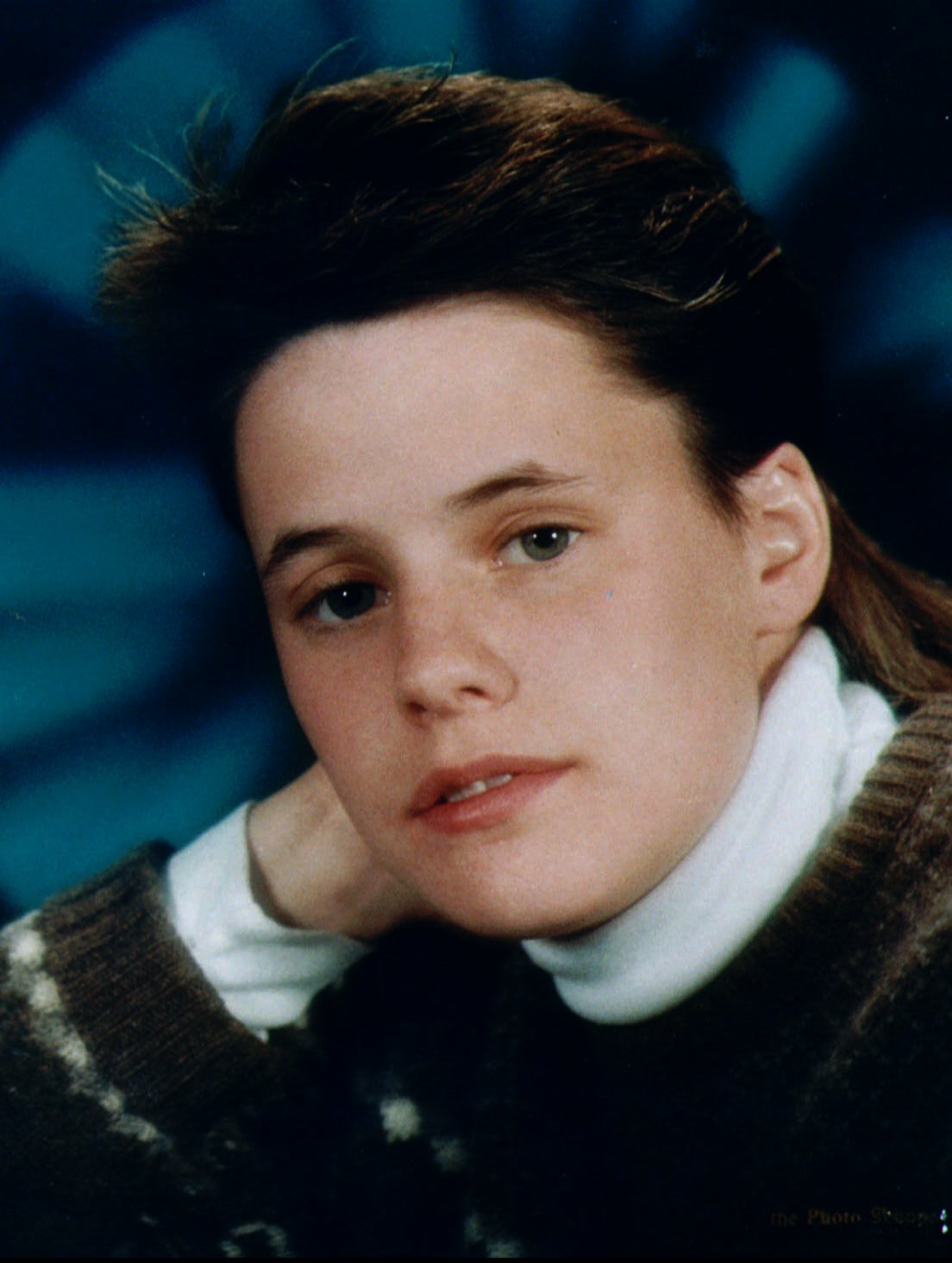
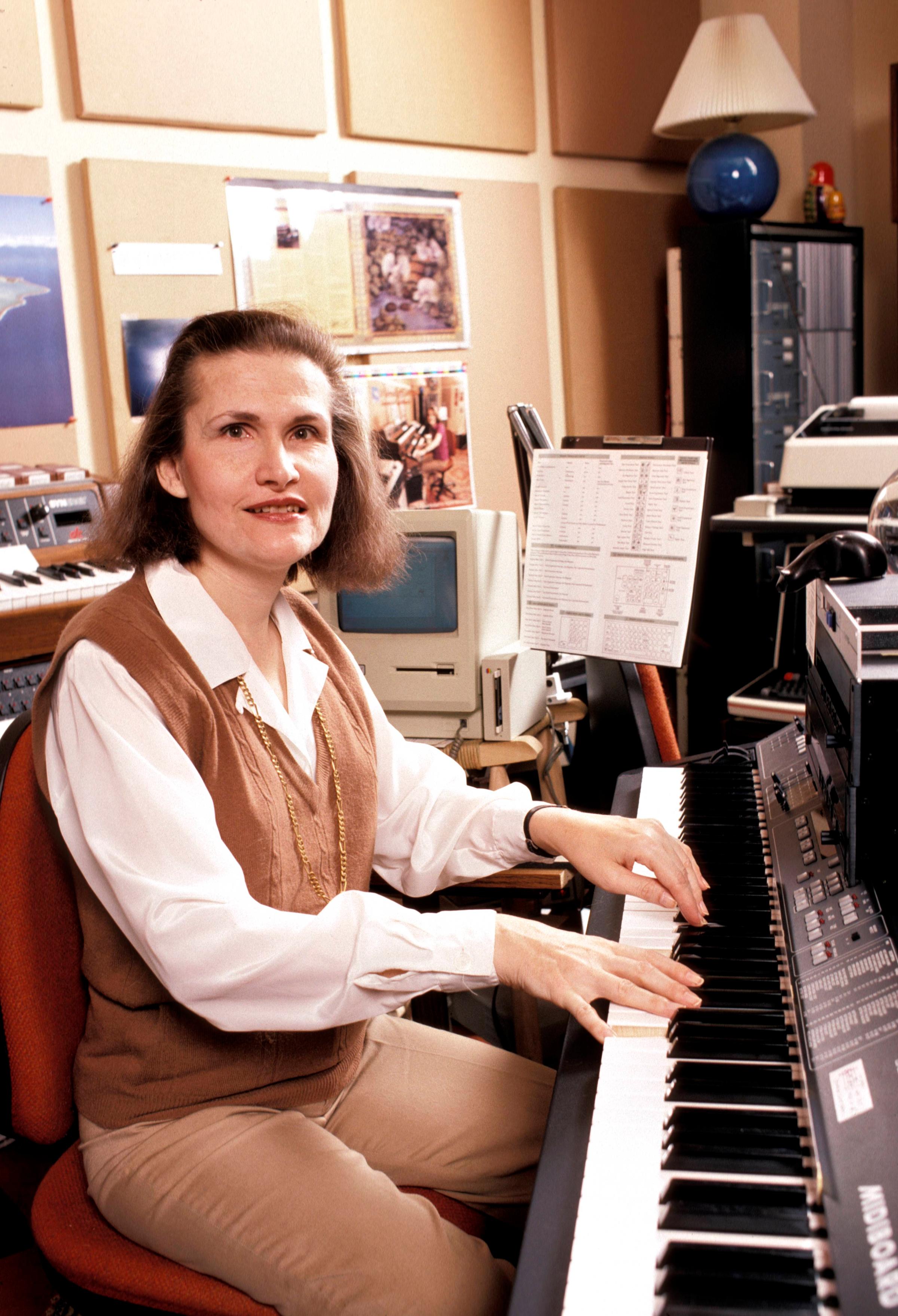
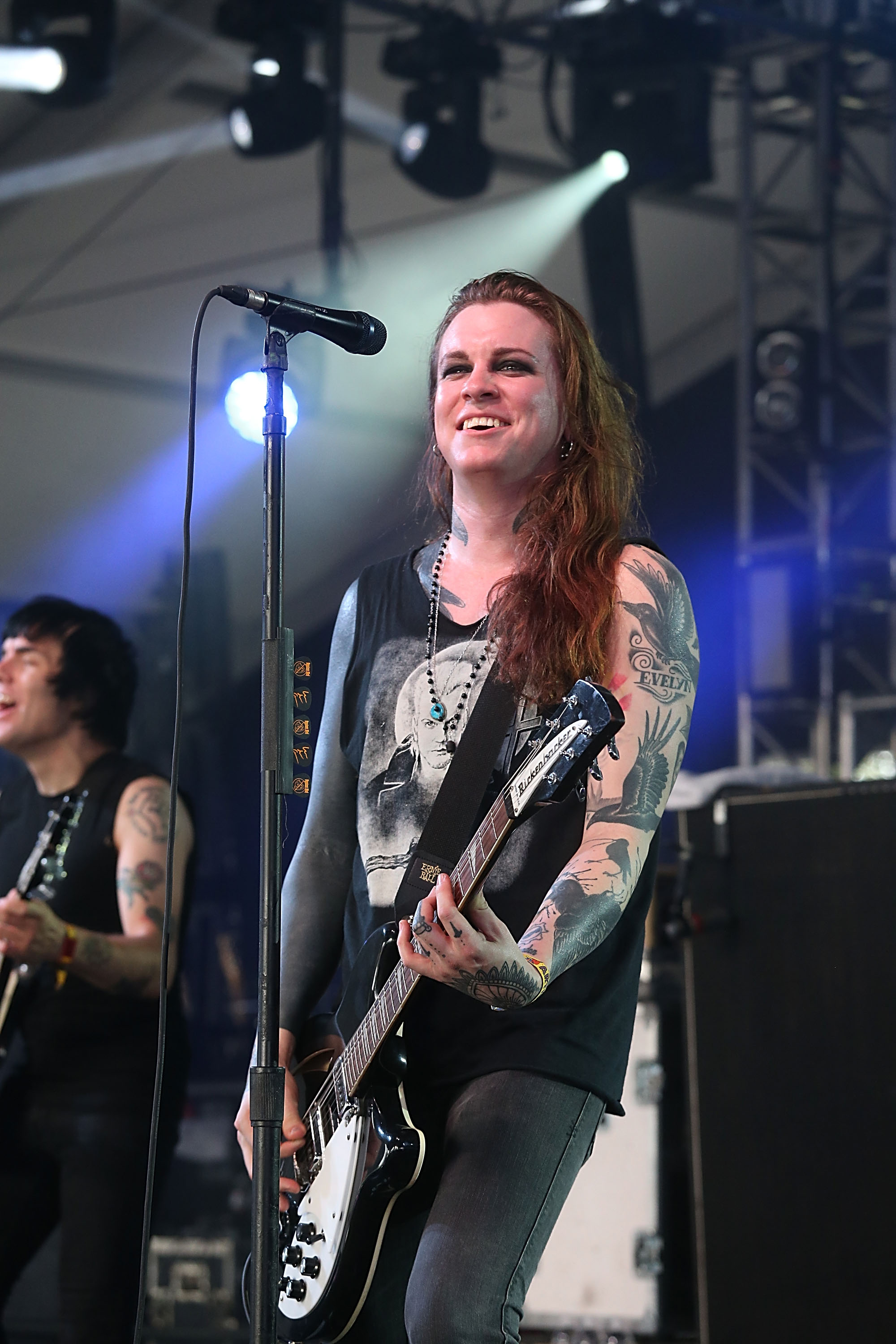
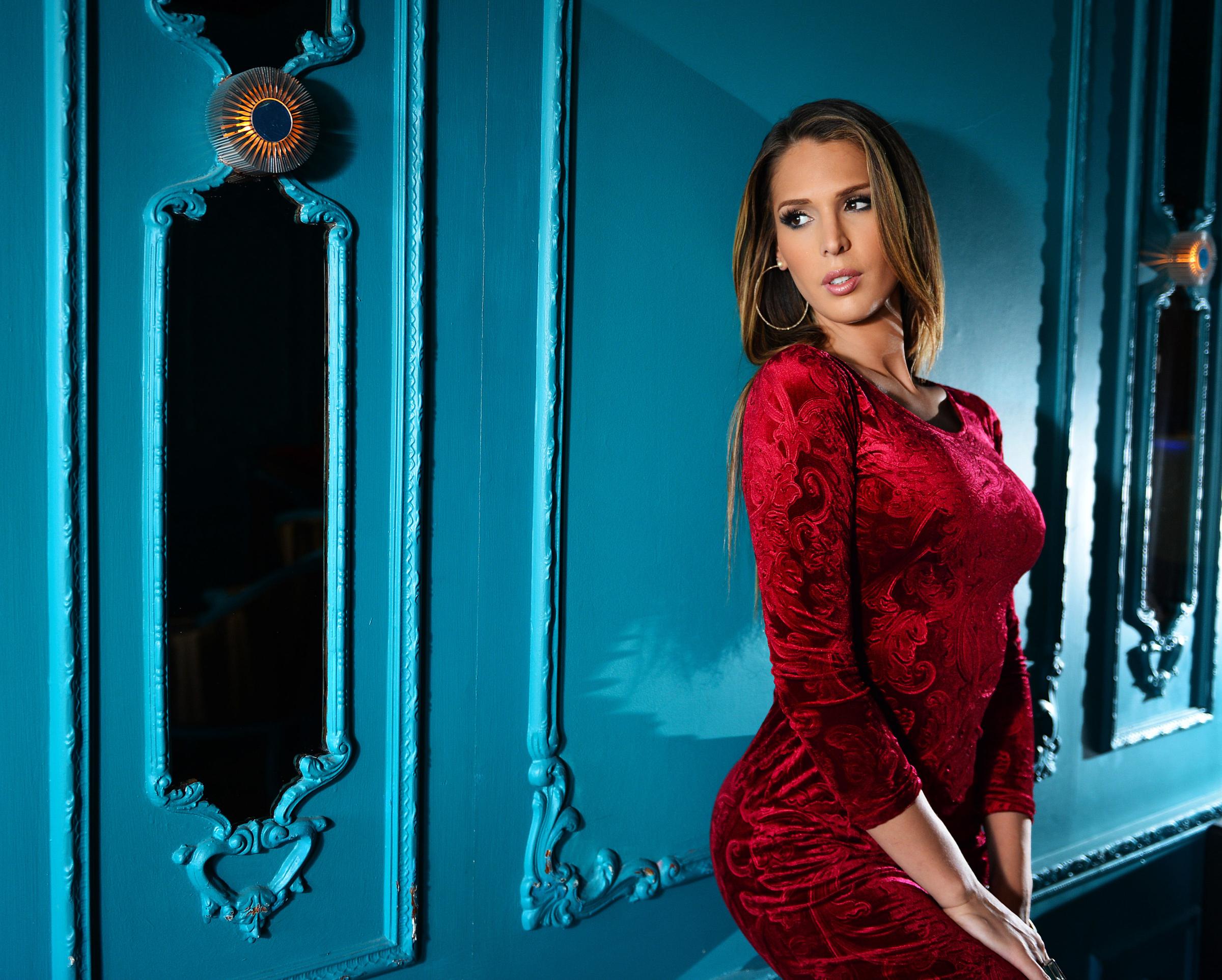
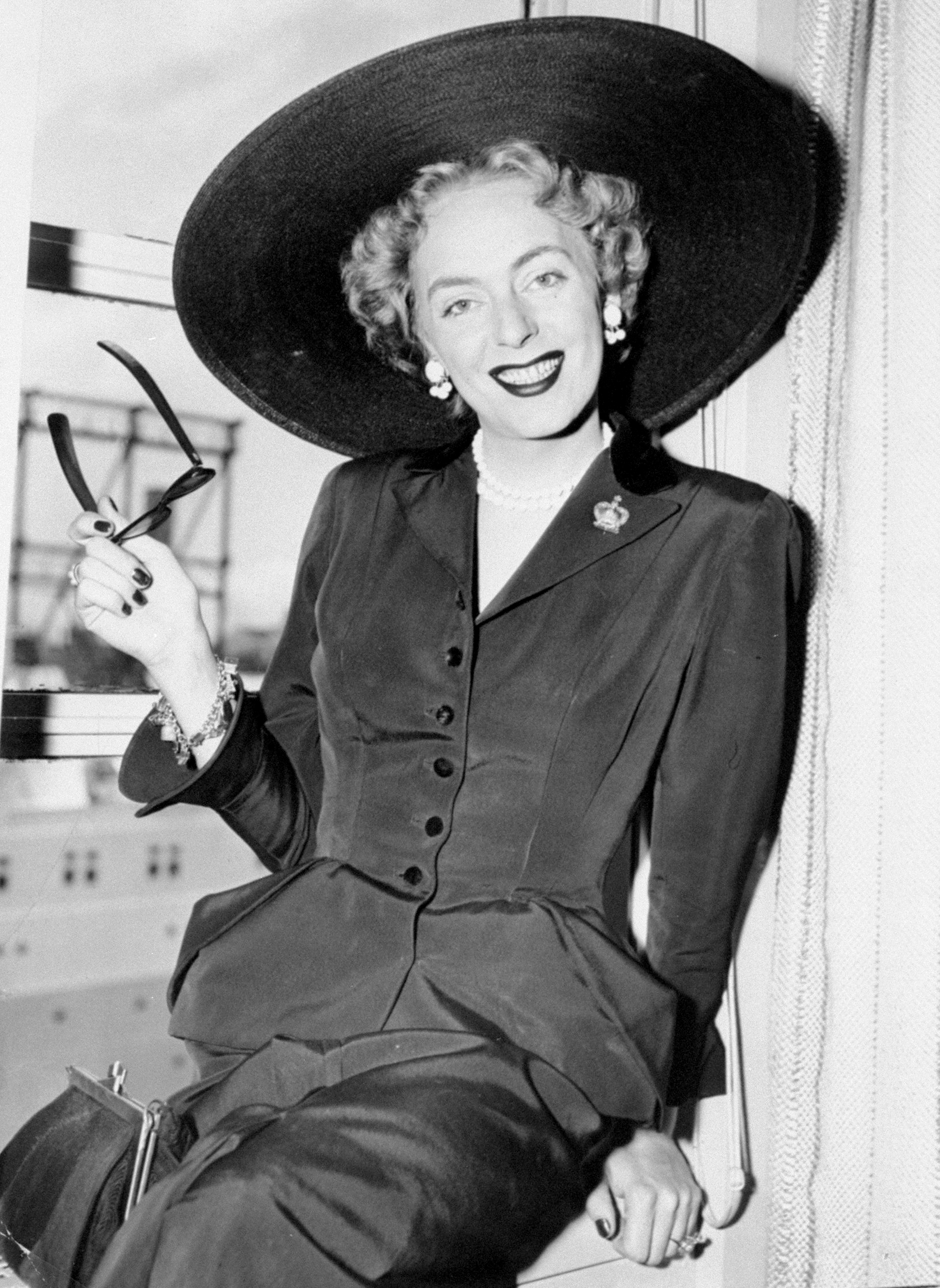
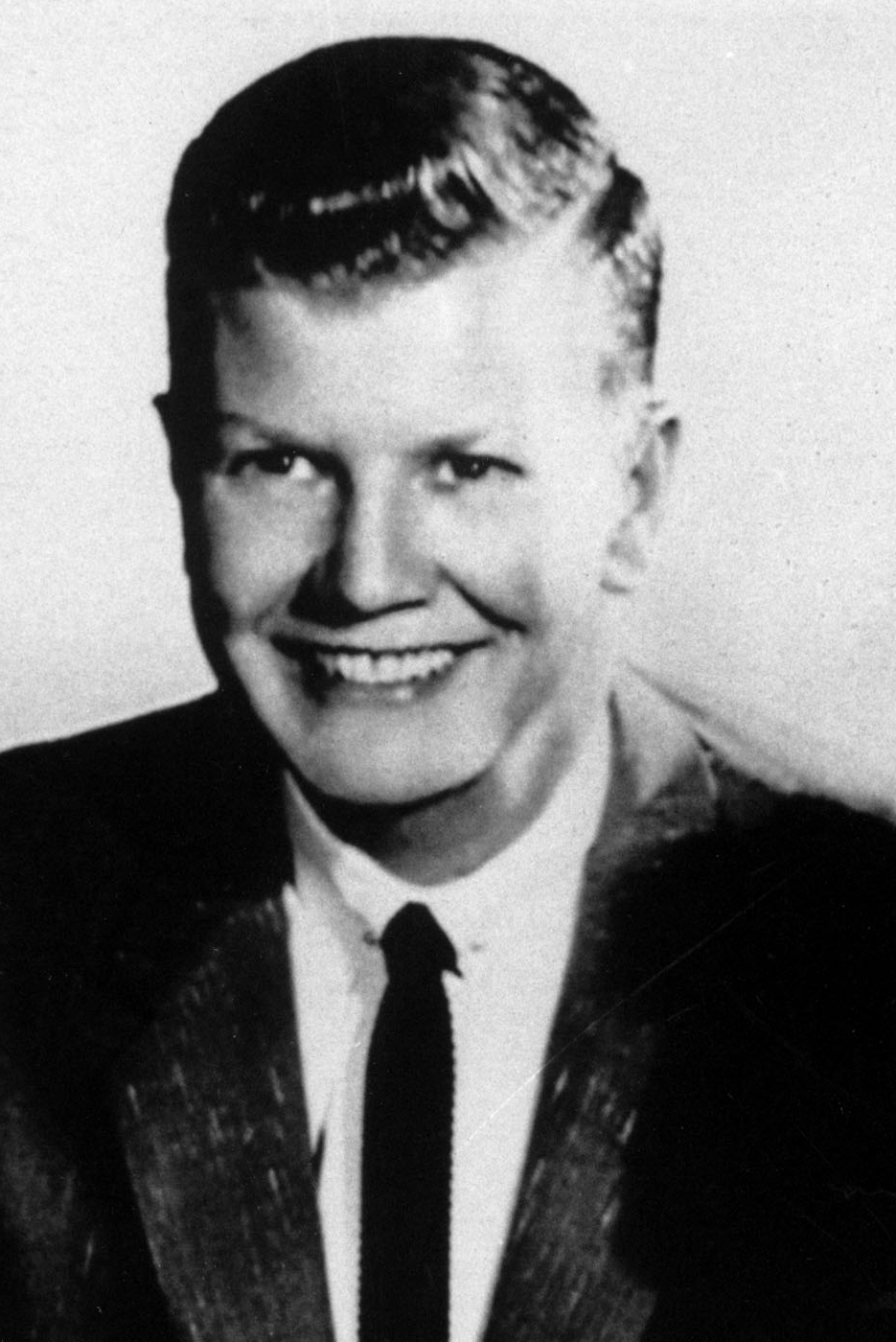
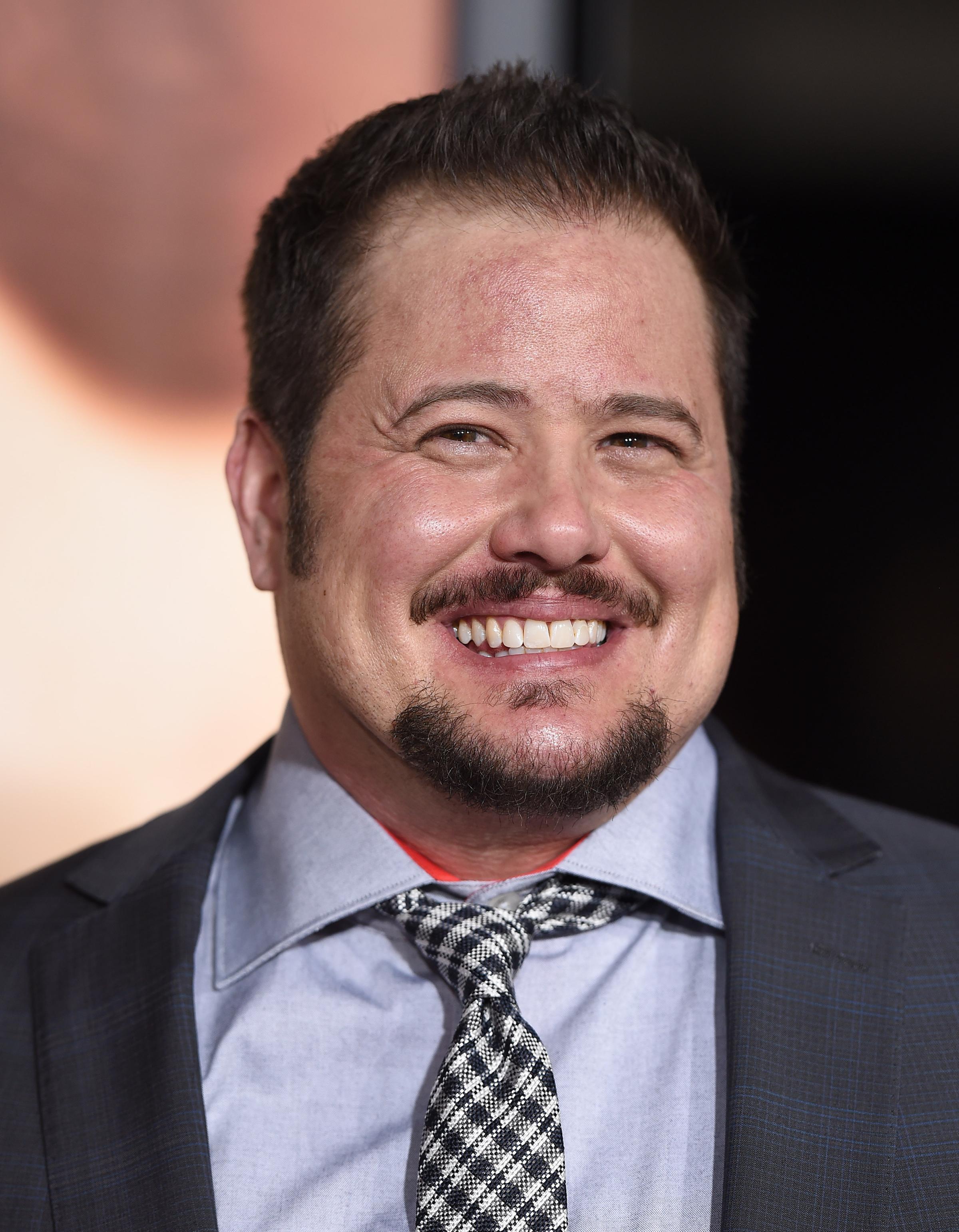
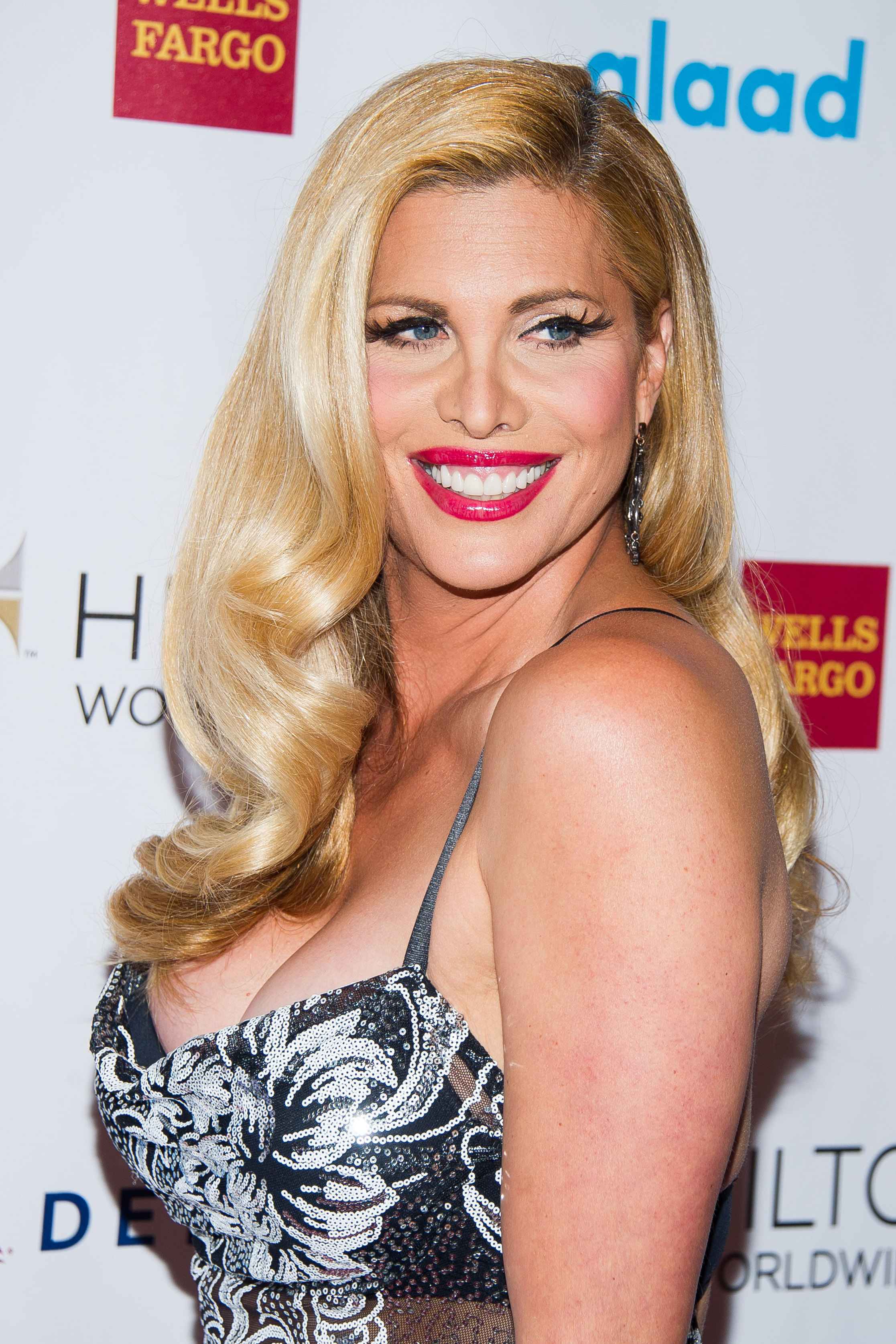
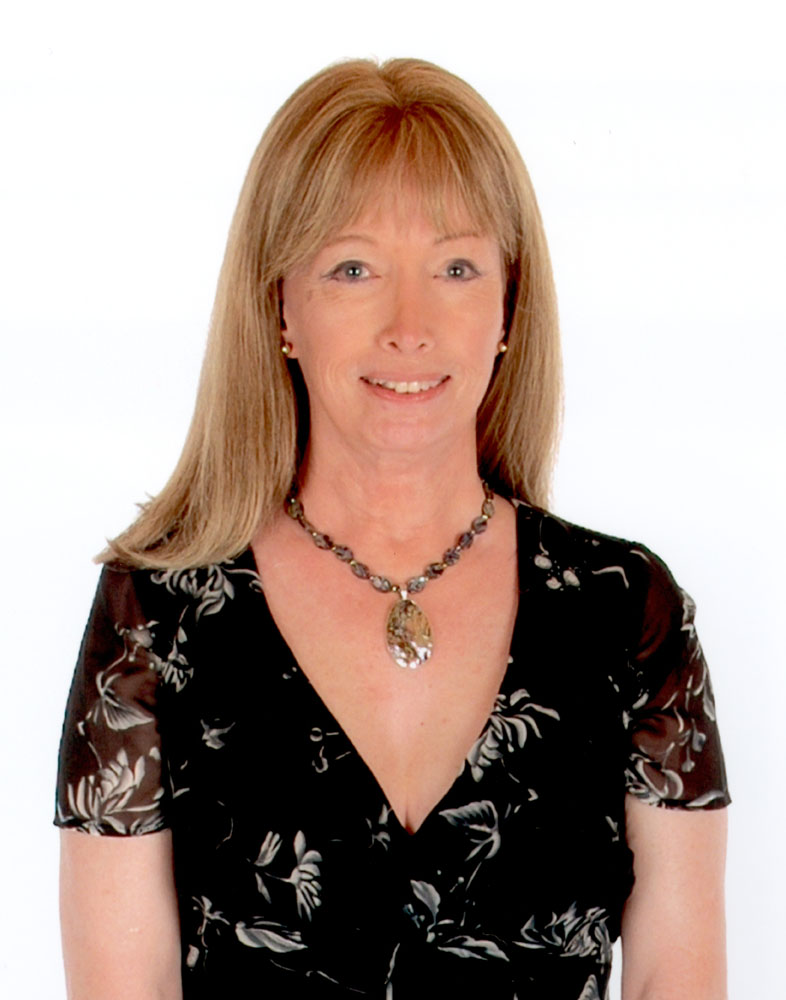
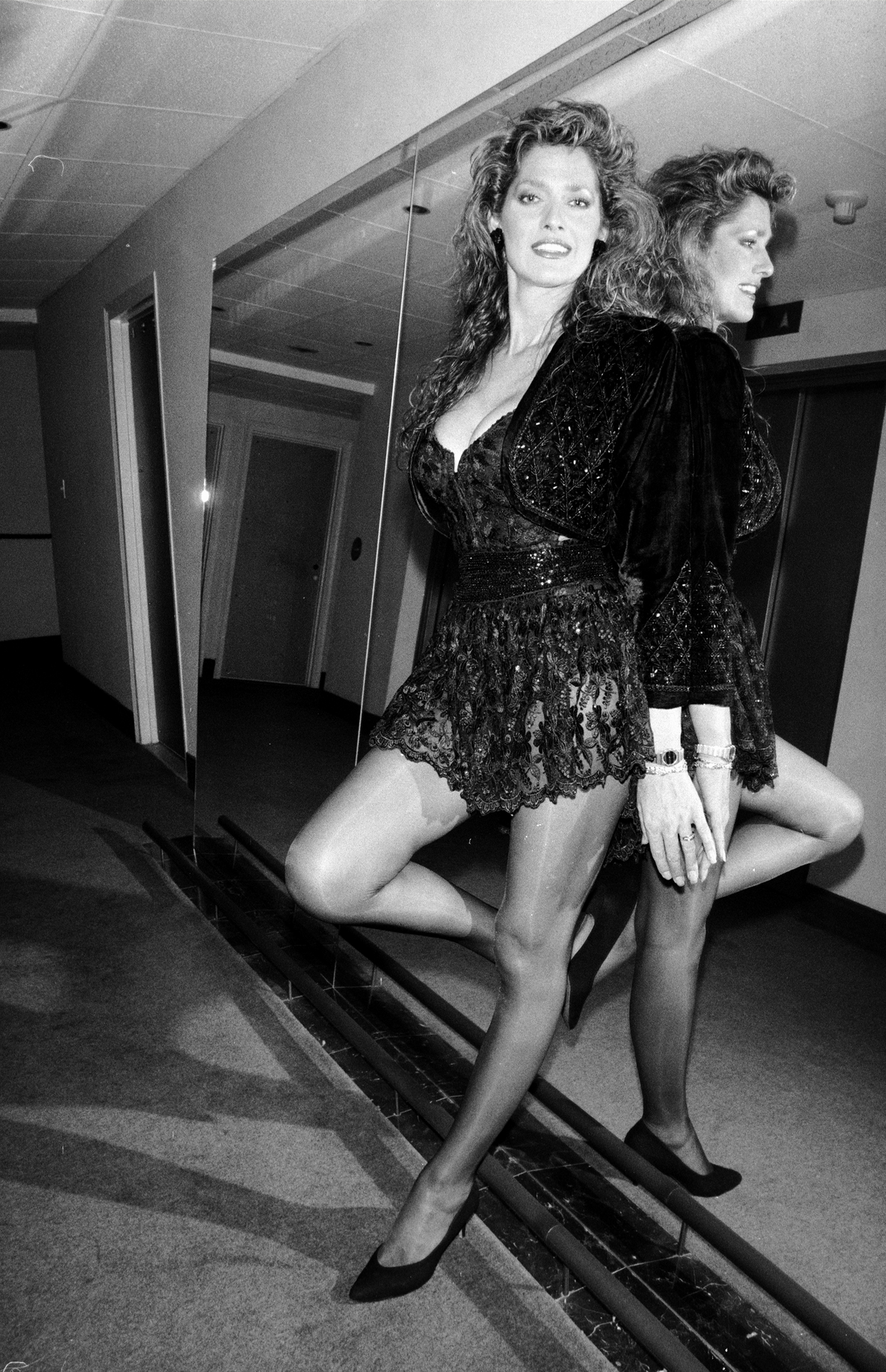
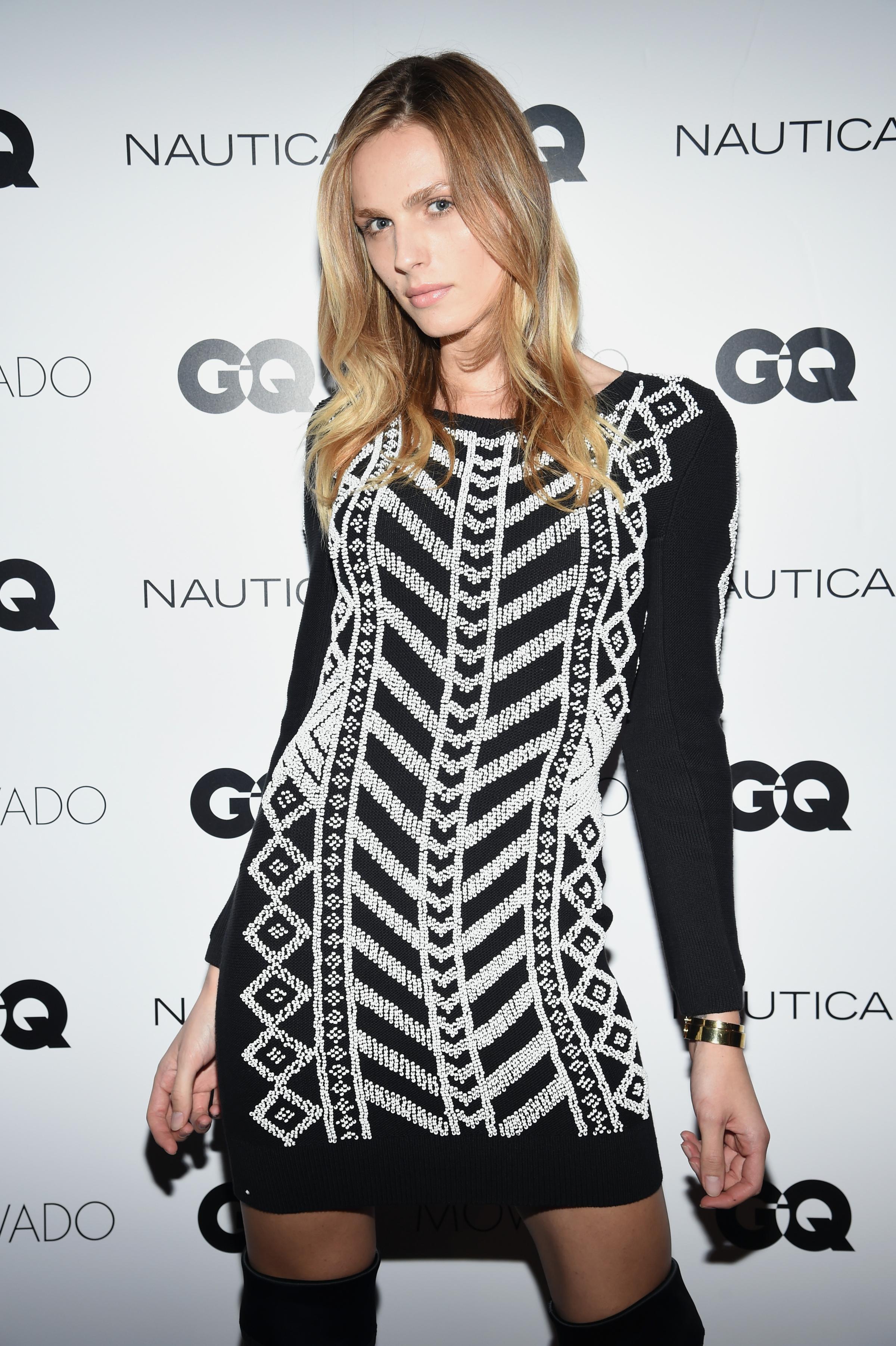
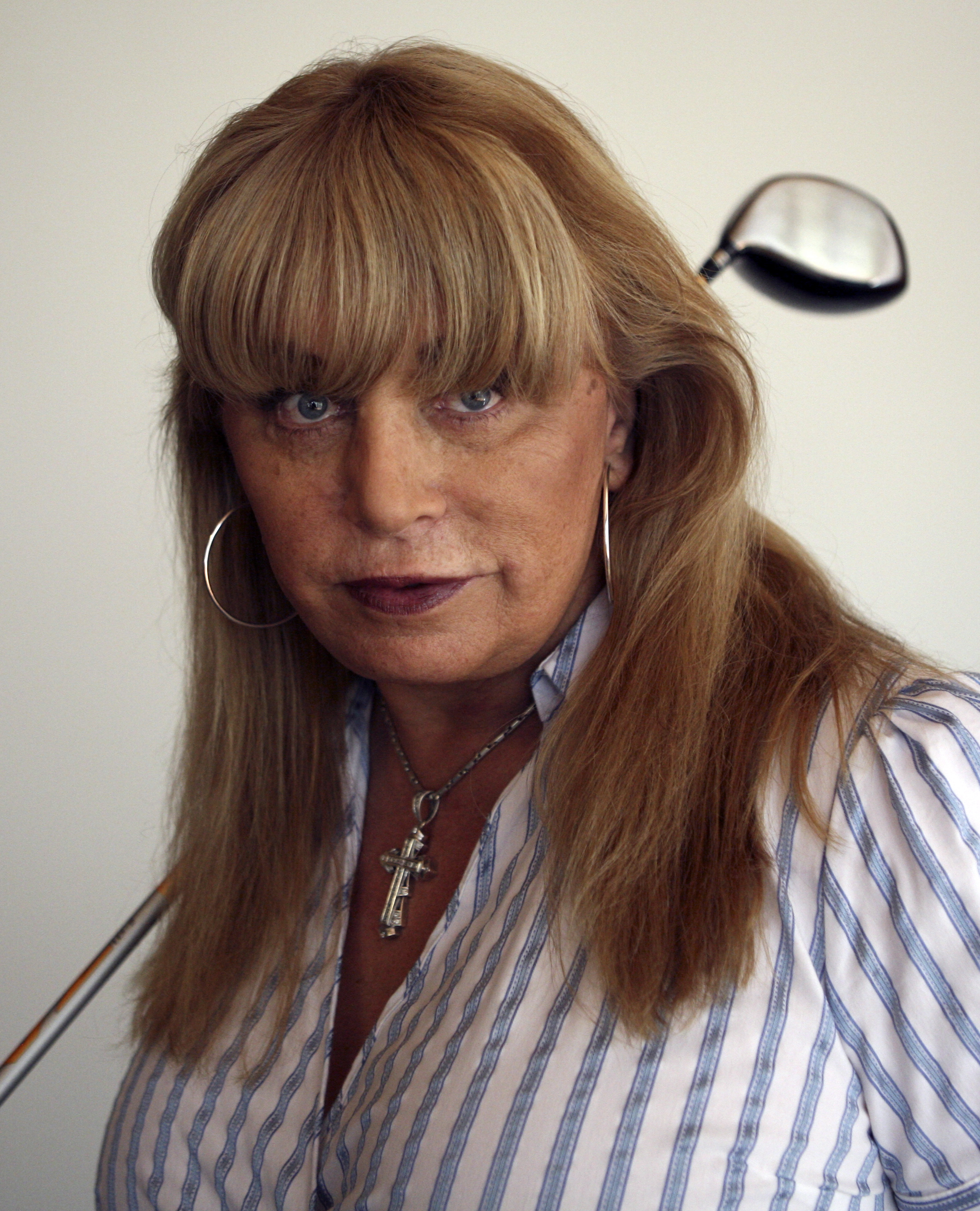
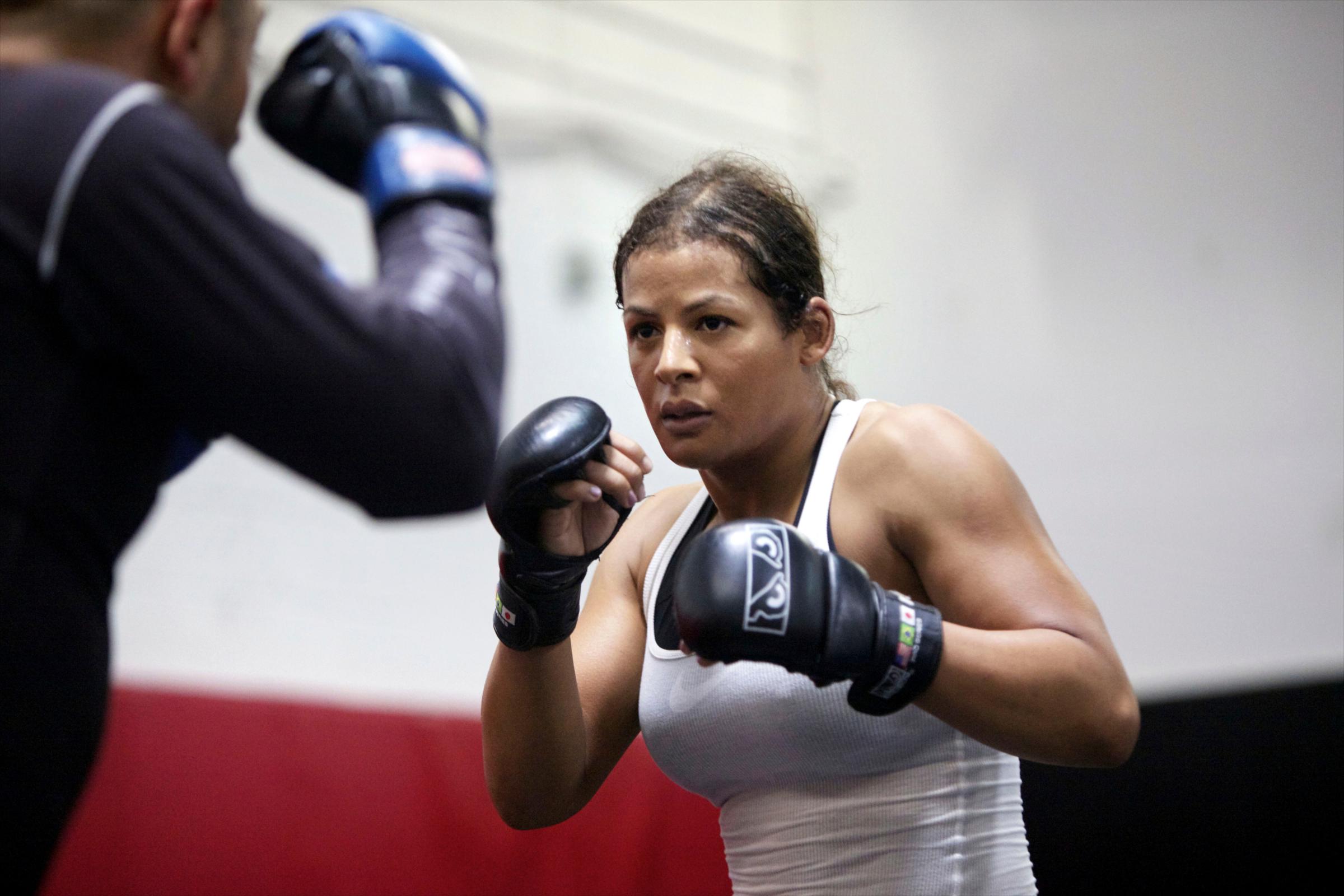
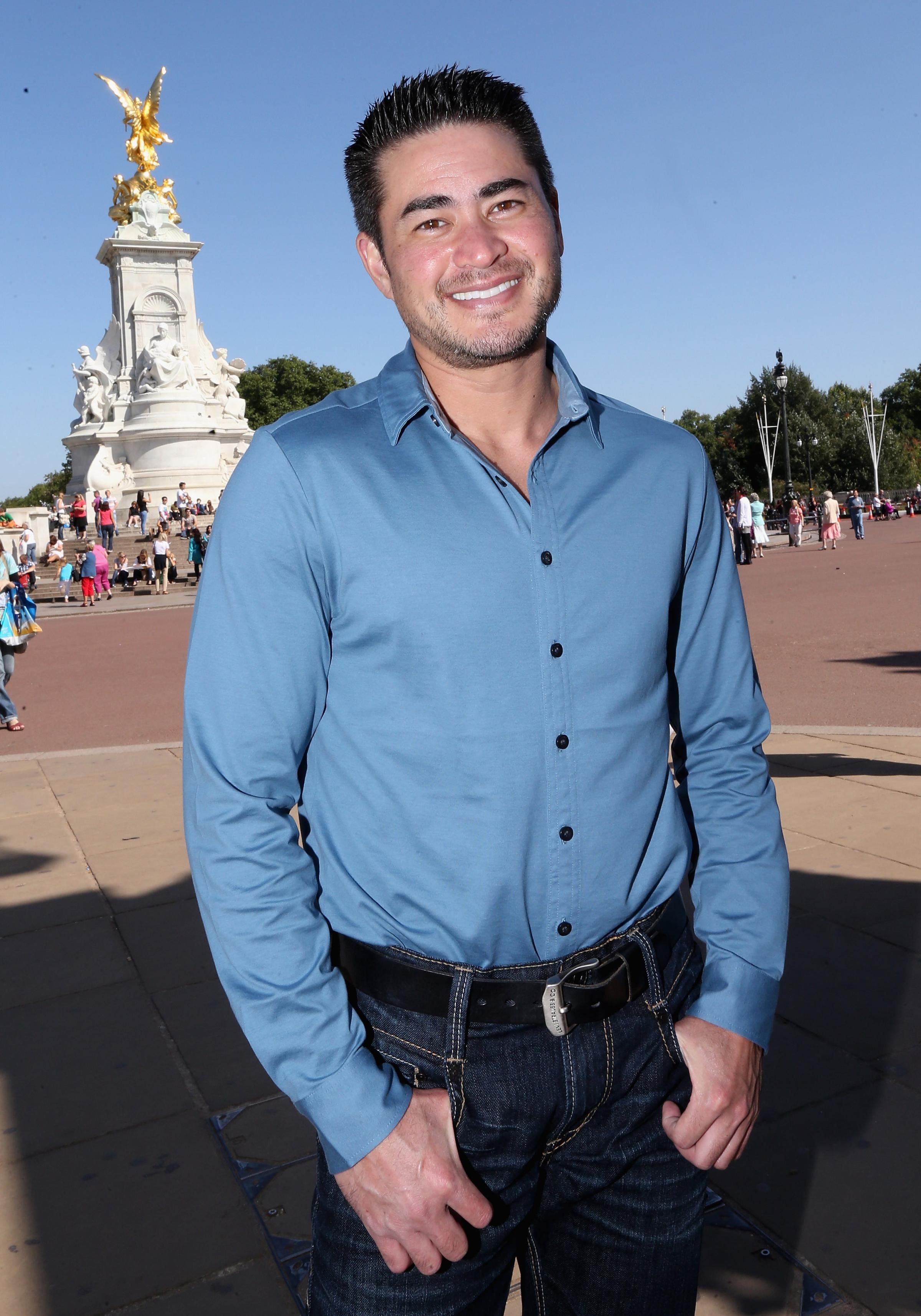
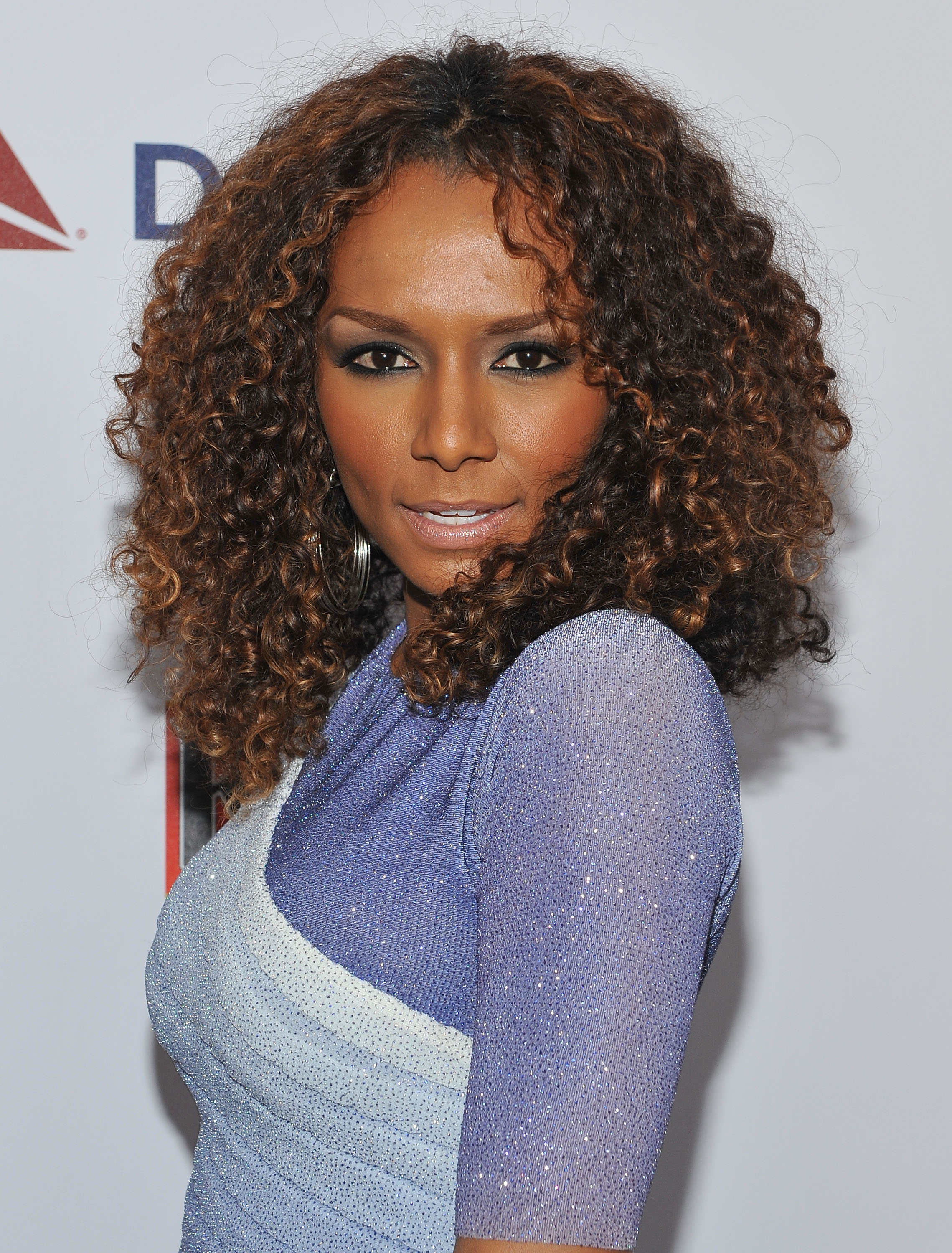

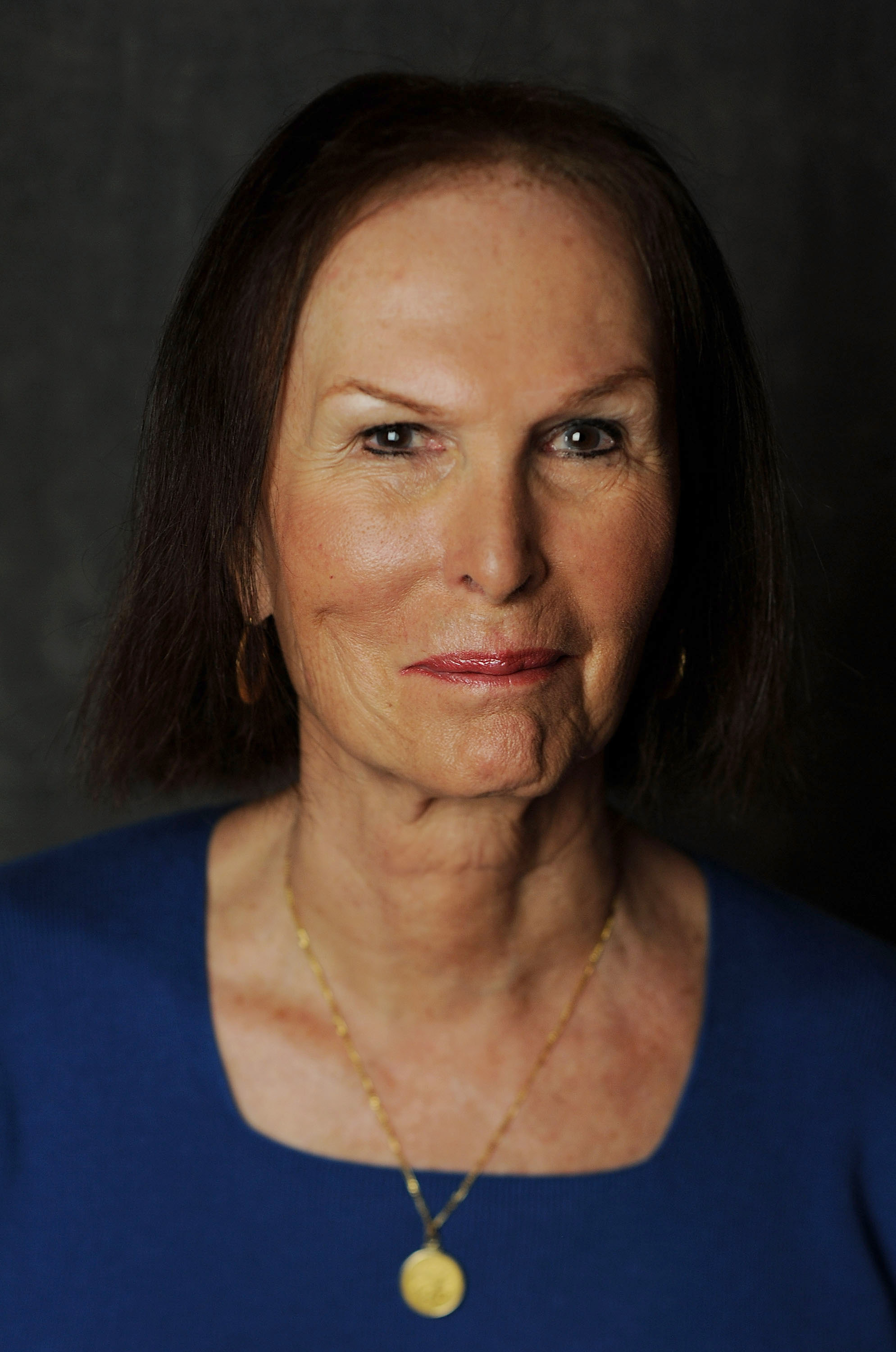
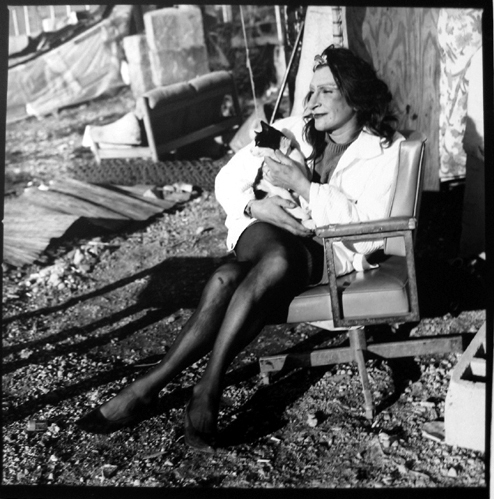
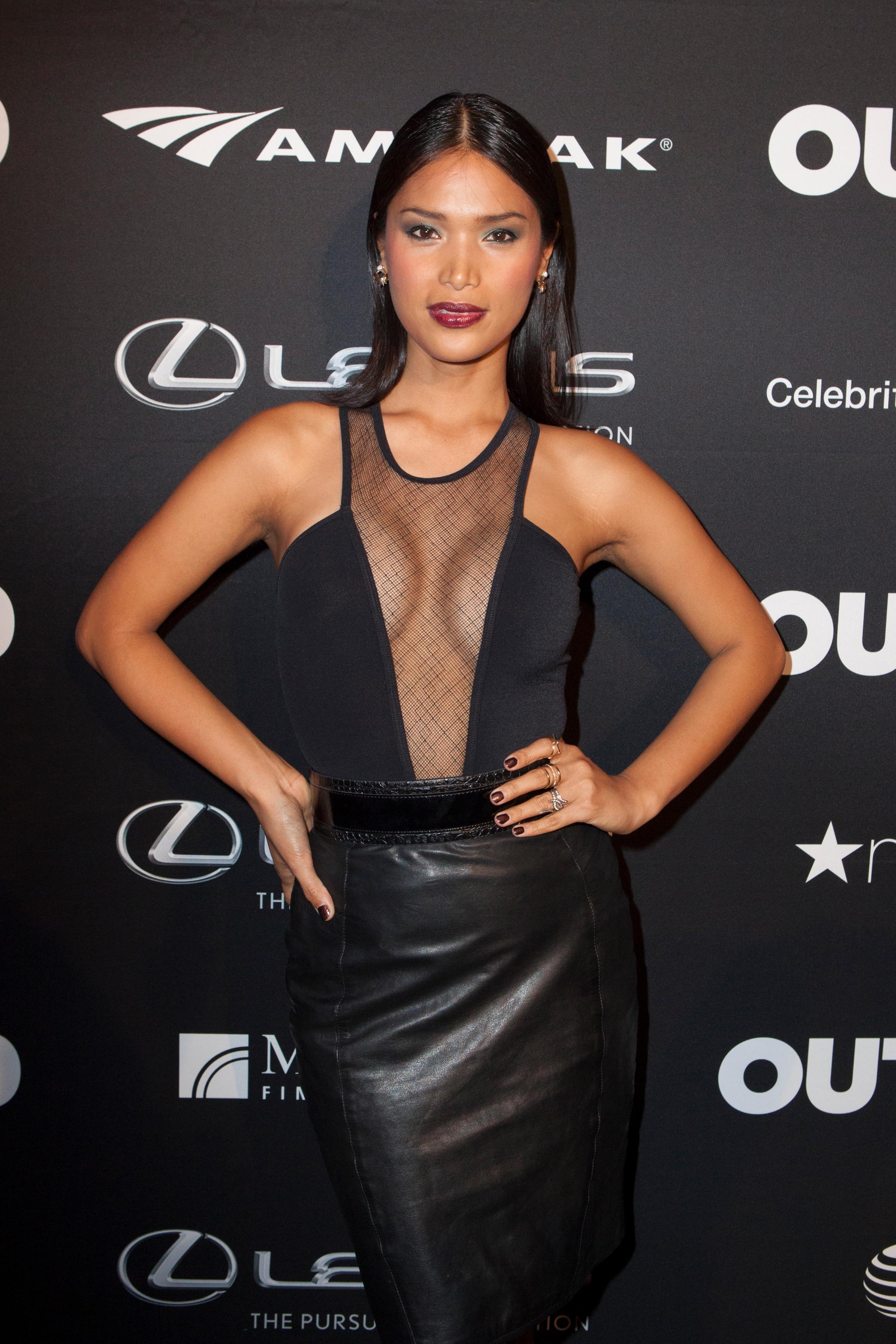
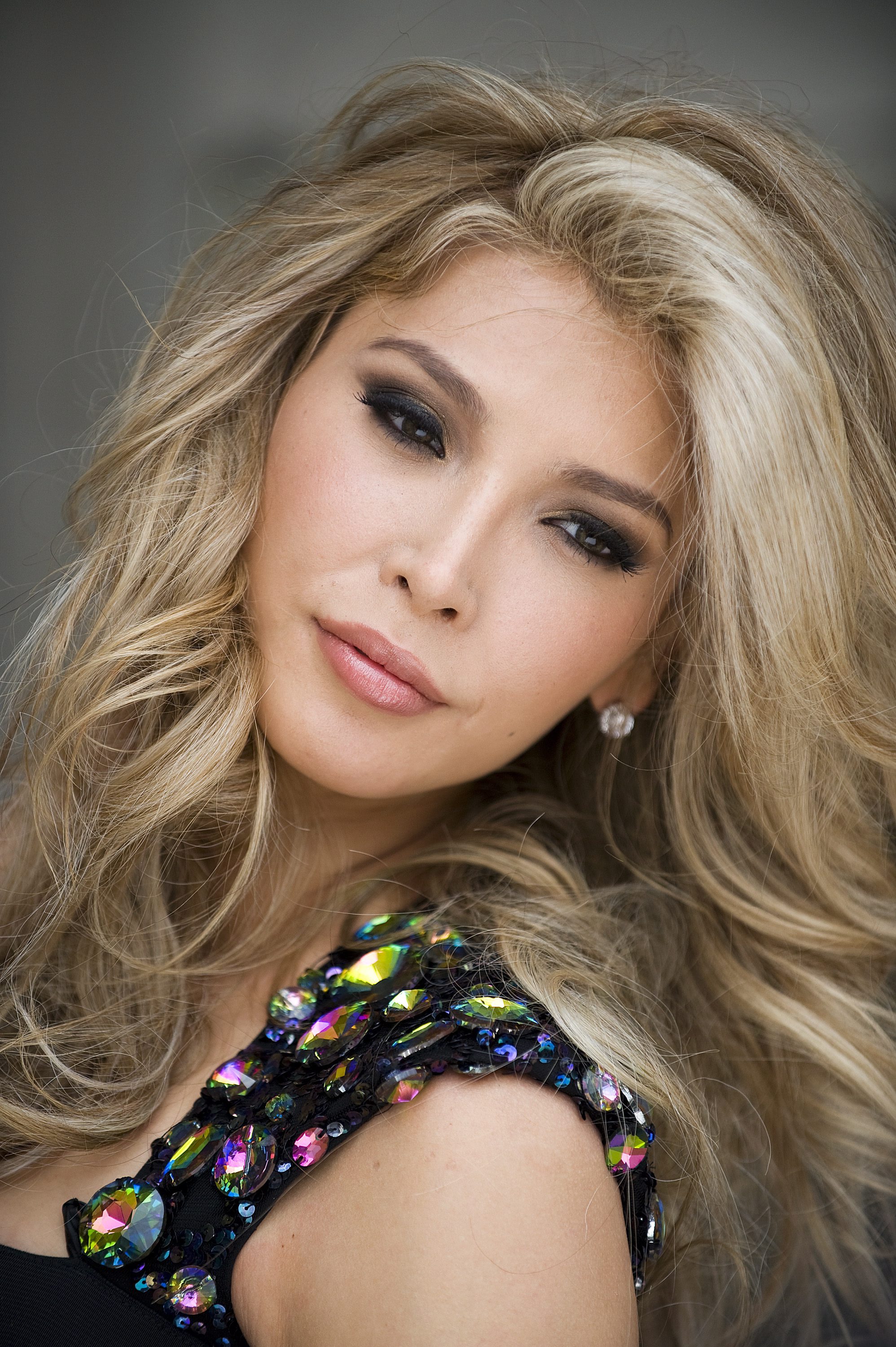
When you decide to do a show like Couples Therapy, where you’re taking a very personal part of your life and making it very public, what are you weighing beforehand?
I decided to do it because it was like a two-in-one. I get therapy to help my relationship, which we were going to get anyway, because we have a lot of issues that were getting in the way of us getting happy. And at the same time, I can educate people, and I know it might be tough. I worked so hard to prepare myself, internally, to walk into that house, because I already knew going in I’m going to have to be that person who represents my community. I’m going to have to put on my Laverne-Cox cap. And it can be my best way to help out the trans movement. It’s not the type of reality show I felt was trashy or scandalous. It’s a genuine, what-are-your-issues-I’m-going-to-help-you show.
What is something people really misunderstand about gender identity or gender identity and sexuality?
They always put it together, which I hate. I don’t like that they think that it’s gay to be trans or to be with a trans woman. How is it gay? Gay guys don’t like me. Gay guys like other hot gay guys. Gay guys do not like women. Trust me. And also the misgendering. When people say, ‘Oh, I knew a transgender, you couldn’t tell it was a guy.’ I know that’s what casually happens. People don’t mean to be hurtful. That’s the kind of thing I was hoping to help change. It’s the average person’s household. It’s VH1. There’s a lot of people that watch [Couples Therapy]. And I knew that I would have access to these people’s minds for a little while, so why not teach them in a way that’s not making them feel bad for thinking the way they think?
There are advocates out there working to pass things like the Equality Act right now. What do you think are the most important policy goals?
To be honest, I’m not really educated in that realm. But I’d like to one day be. I’d like to go totally Legally Blonde. For a lot of people it matters—what’s on paper. For me, I’ve tried to always live in the moment and I don’t think that much about what is law, what is written down. I do care, but at the same time I live freely now, so I’m not feeling a sense of urgency to be political.
Some transgender people I’ve spoken to hate it when people say pop culture and society are having a transgender “moment,” because there’s a long history of transgender people and transgender activism. And a future. TMZ put out an article about you being on Couples Therapy that said the producers are “striking while the transgender iron is hot.” What do you think about that kind of language?
It is our moment. It is a moment. It is. Five years ago it wasn’t so mixed into pop culture, into mainstream. This is our moment of becoming part of the mainstream. This is going to be the most memorable moment in the movement. Yes, the movement will always continue. The movement for equal rights for women will continue. Same thing for black people. But this is our true moment where we’re becoming one with pop culture.
Correction: The original version of this story misstated that Carrera was the first openly transgender RuPaul’s Drag Race contestant. Kylie Sonique Love was the first to discuss being transgender during a reunion show in 2010.
More Must-Reads from TIME
- Where Trump 2.0 Will Differ From 1.0
- How Elon Musk Became a Kingmaker
- The Power—And Limits—of Peer Support
- The 100 Must-Read Books of 2024
- Column: If Optimism Feels Ridiculous Now, Try Hope
- The Future of Climate Action Is Trade Policy
- FX’s Say Nothing Is the Must-Watch Political Thriller of 2024
- Merle Bombardieri Is Helping People Make the Baby Decision
Contact us at letters@time.com